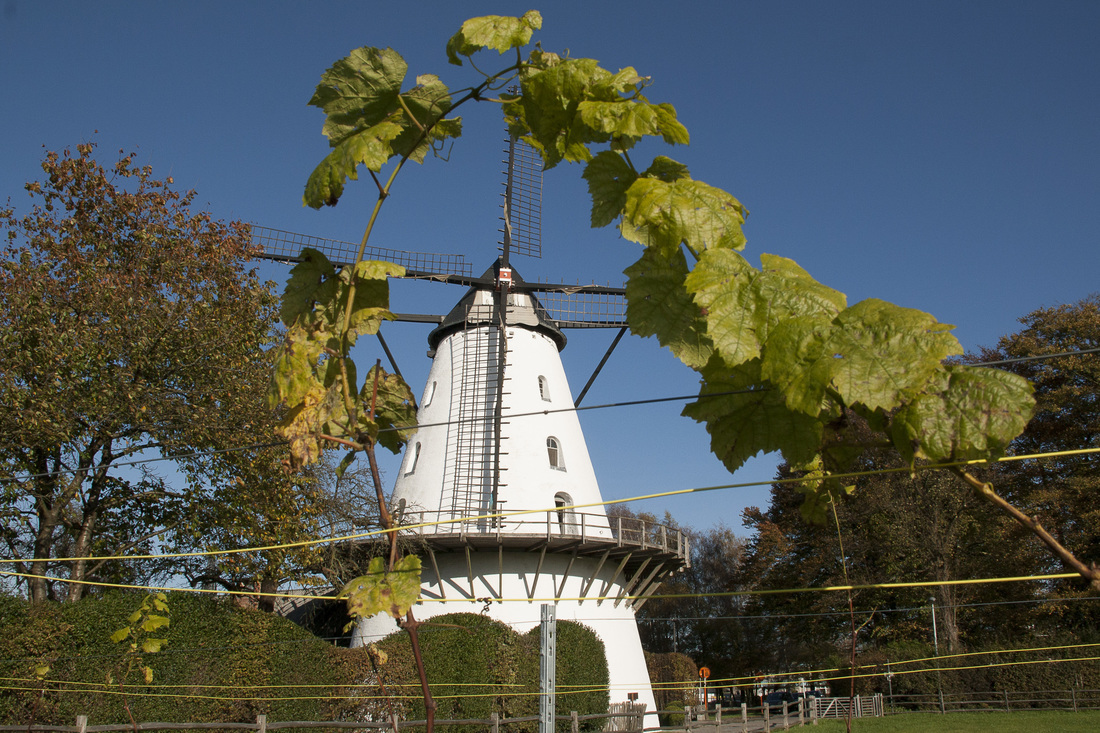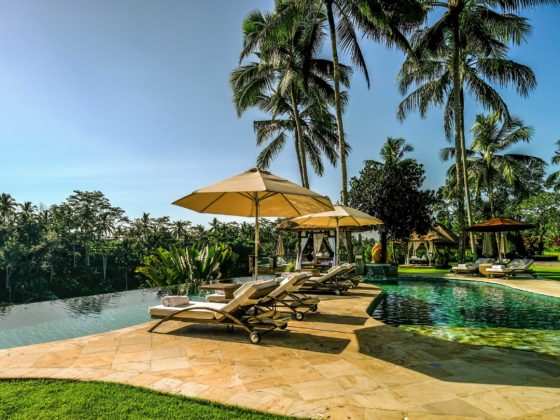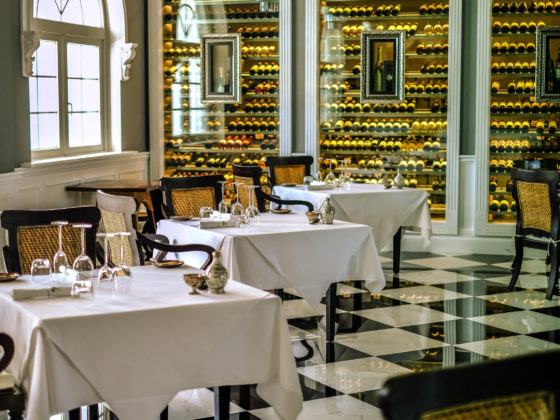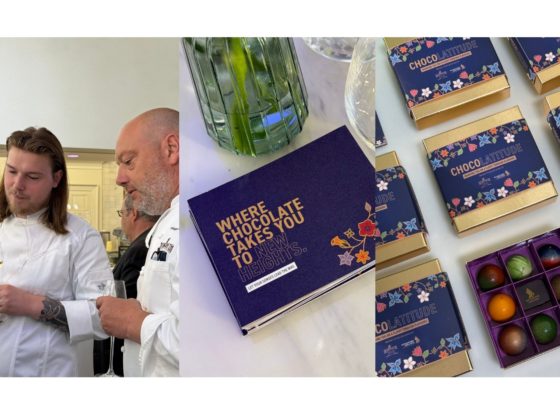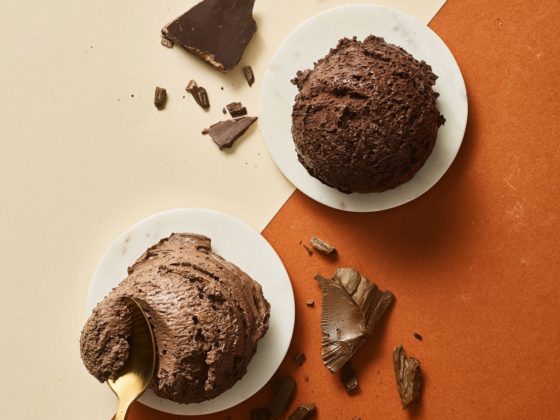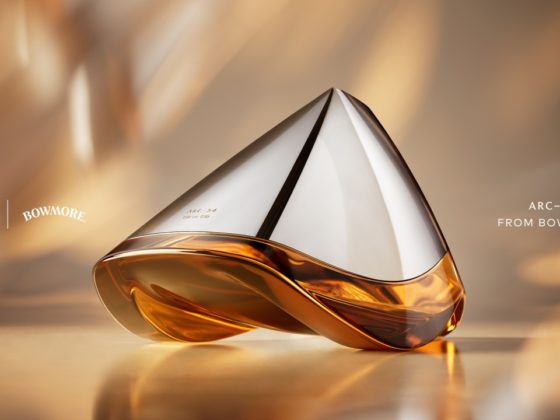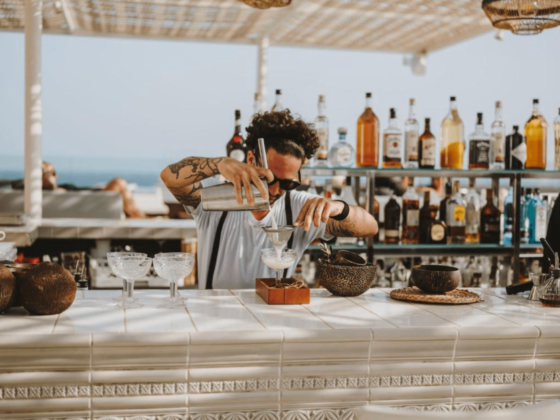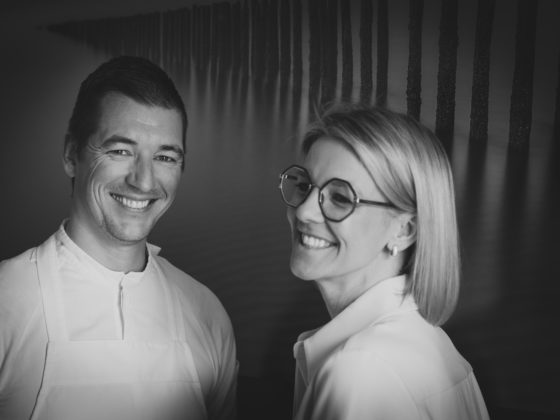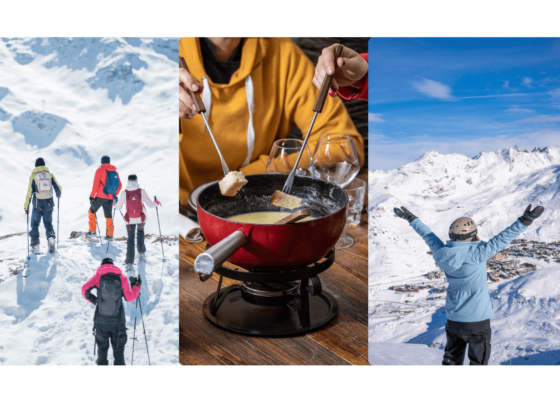This article is brought to you in collaboration with Local Exclusives
10 years ago, that must have been it. A group of bosom friends decided to establish a vineyard in Boechout, Antwerp. They were called a bunch of dreamers. But who would have thought that, 10 years later, Oud Conynsbergh would become one of the pioneers in the field of Belgian winegrowing? We would like to take you with us in their story, which is told by Kris Van de Sompel, general manager of the Oud Conynsbergh wine estate.

Kris, first of all thanks for letting us come and visit you on this wonderful domain. Wonderful to see what Belgian viticulture has to offer. Can you tell me more about your history of origin? I suppose this is a work of years of craftsmanship.
Kris: “With the foundation of Wijndomein Oud Conynsbergh, the dream of 8 friends from Boechout was fulfilled. It started with an ambitious plan. They documented themselves and did not allow themselves to be discouraged by any opposition. The friends trained in viticulture and created a brand new wine estate. The first planting took place in 2014. The eight friends took care of the vineyards and put their heart and soul into this project. In this way, they want to revive the wine history of the region. After all, there were already vines in the area in the 16th century. “The Oud Conynsbergh wine estate is one of the most promising wine estates in the country,” has been noted more than once by connoisseurs and wine journalists. Only classical grapes are grown on extremely exceptional geological soil with a minimum of pesticides. Vinification takes place in various ways, including endogenous fermentation and fermentation in wood. “This Auxerrois is the best I have ever tasted” commented a French oenologist. That already indicates that the bar is high. What is even more remarkable is that the level is also reached. Today, the wines of the domain can count on a lot of appreciation and recognition from various top restaurants, sommeliers and reviewers.

So in 2014 we did our first planting. Our first normal harvest came 3 years later, in 2017. A good year, but then came 2018, the year we could offer both quality and volume. We had harvested extremely well that year and we could reap the benefits of that in 2020. In fact, the 2018 wines were on sale last year. Despite COVID, we certainly cannot complain in terms of our sales figures. An interesting fact is also that we had actually made relatively few sparkling wines in 2017 and 2018, something we have evolved into to date.”
What was the owner’s personal journey?
Lode Van den Brande has been an entrepreneur for over 40 years. Attention to innovation and quality has characterised his entire career. At a young age he was already very interested in wine. He started his training in 2011. He is particularly motivated by the natural aspect, from the vineyard to the cellar. The further development of all aspects related to this, such as the choice of wood and such, must be anchored regionally in order to achieve a genuine Antwerp wine of top quality.
Are there things you have learned in the past that make you produce in a different way now?
Kris: “Definitely. We have learned that we have to listen to what is happening in the vineyard. We have decided to switch to natural fermentation. This may involve some risks, but it ensures that we can take Oud Conynsbergh to an even higher level.”
Can you tell me a bit more about your main grape varieties? I understood that you have pinot noir, auxerrois, gamay and chardonnay on offer.
Kris: “Right. Our vineyard consists of about 35% Auxerrois, more than 20% Pinot Noir, 15% Chardonnay, some Pinot Blanc and a few other varieties here and there.
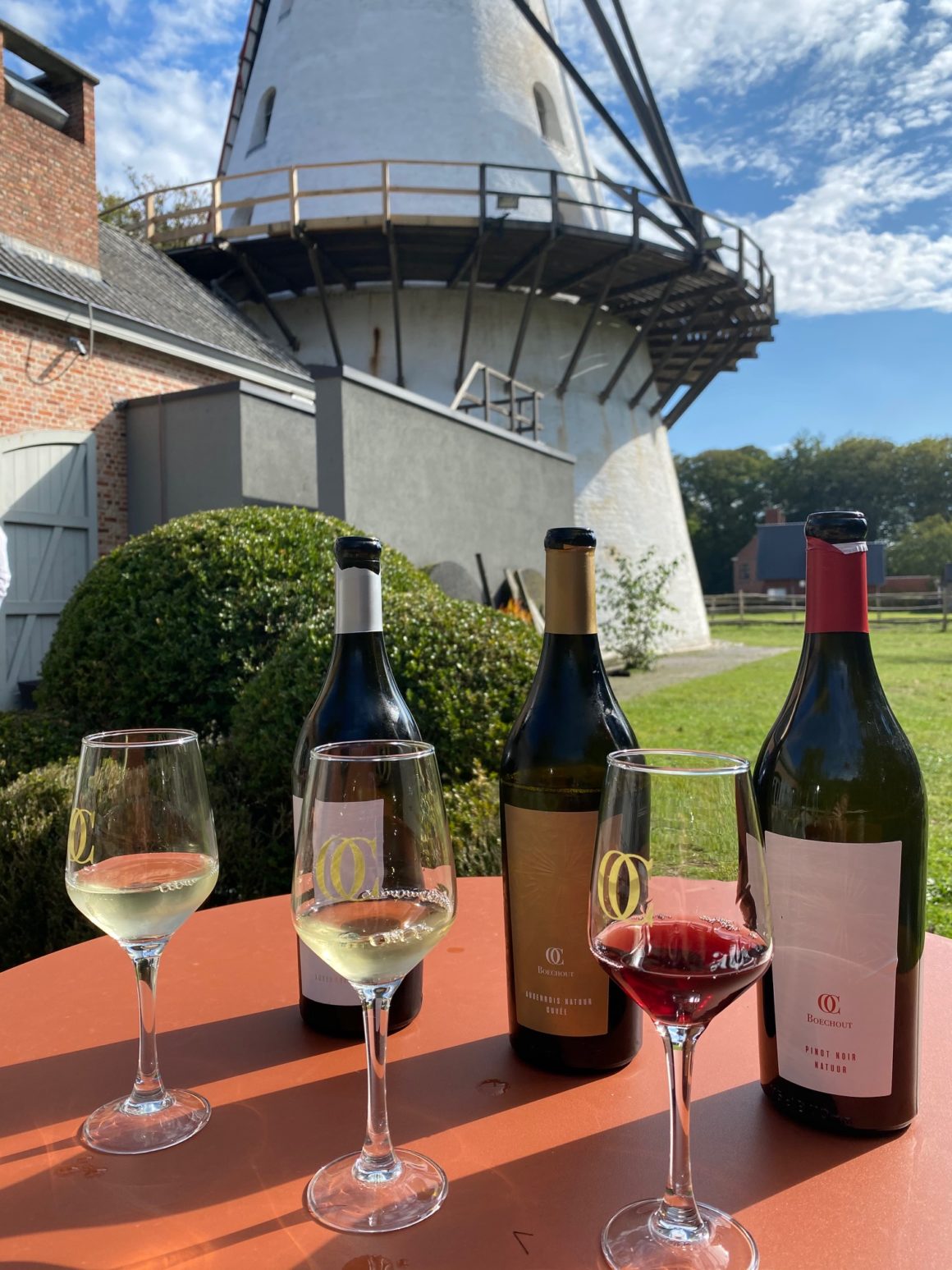
How big is your wine estate? How many hectares do you have planted?
Kris: “We currently have 9 hectares in production and 10 hectares in planting. We are definitely thinking of expanding later on, but first we want to make sure that the basis is 100% right.
What is your philosophy about the company and its products?
Kris: We choose very consciously for natural viticulture. We manage the estate without herbicides or insecticides and with minimal impact on the environment. Only in this way can the soil exert its influence to the maximum. Flemish country wines are characterised by great freshness. You will also recognise this in the wines of Oud Conynsbergh. They have a beautiful natural acidity, a low alcohol content and aromas full of finesse.
To talk about your profiling in the market, is it true that you want to profile yourself as an organic or biodynamic wine?
Kris: “That’s true, but we don’t want to go to extremes. We give the necessary information on our labels, but we don’t want to consistently present ourselves as an organic wine. For us, it is especially important to bring something good onto the market. We want to experiment and the biodynamic principles certainly fit in with that.
Your competition or ‘benchmark’ lies mainly abroad, in similar regions with similar grapes. But, every region has its own terroir and its own expression of grapes. To what extent is it possible to compare with other regions?
Kris: “You are indeed right that a terroir differs from climate to climate. But you always strive for a profile of wines that is similar to other wines. For example, we don’t easily compare with a profile from Tuscany, but rather with a profile from the north of Burgundy or Germany. The same applies to sparkling wines. We’re not so much comparing ourselves to Cava or Crémant, but rather to wines that have lain in the cellar for a long time and thus give a fine sparkle.

What about your target group, can you tell me something more about the ideal consumer of Oud Conynsbergh?
Kris: “Our target group is people who are looking for a product that stands out in the field of food. This is based on both quality and history. They are also people who like to pay a little more for a product that has a unique expression. People who want to spend a little extra to buy nice, tasty and local products.
Your target group is, of course, the hospitality industry, and not the least. You work with top chefs such as Roger van Damme. Can you give us some more names?
Kris: “Besides well-known names such as Roger van Damme, we also work together with restaurant Het Zilte, Het Gerecht… But also with new restaurants. Often these are young chefs who like to work with organic products and are willing to pay a little more for a local product. One of these new names is, for example, ‘Les Années Folles’. For me, that is one of the most promising people in the catering industry.”
What positive words do you all get from chefs and sommeliers?
Kris: “People seem to appreciate the ‘pairing’ in particular. Oud Conynsbergh has a certain intensity of flavour that most Belgian wines do not have. We also notice that chefs often come to us because they are proud of their own region. A final asset is that we listen to the wishes of the chef. We often let them taste and ask for feedback. This way we are even able to offer the wine that fits the profile and the way of working of the chef.
To talk about your own country for a moment, how do you see the evolution of Belgian viticulture?
Kris: “There is certainly a future in Belgian viticulture, but at the moment the know-how is not there like wine-producing countries with a longer history. People start out from the principle ‘We Belgians do it well’, but that is a false assumption. There is still some work to be done in the area of guidance towards wine growing and commercialisation.
Kris, we can’t ignore it of course: the arrival of Corona. Would you like to say something about this?
Kris: “Corona has had an impact on everyone, including us. Although we do notice that there is also a positive side to it, namely that people have started to discover their own region more than ever. So I can definitely say that there has never been so much interest in Belgian winegrowing, which of course we can only applaud.
How important is local anchoring to you?
Kris: “Not only the terroir, the Boechout soil, means a lot to this domain, but also the local natural yeasts and working with Belgian oak are very important. Without this location we would not be able to achieve the same.”
A final question. If you had to tell us in one catchy phrase why you should definitely taste Oud Conynsbergh’s wine, what would it be?
For a while there is silence. Kris clearly wants every word in the right place. Finally he comes up with this beautiful ending:
“The best products are always made where the boundaries of the impossible are approached. That is exactly what we are doing with Oud Conynsbergh”
Do you want to discover more delicious drinks? Visit our PureFood page

